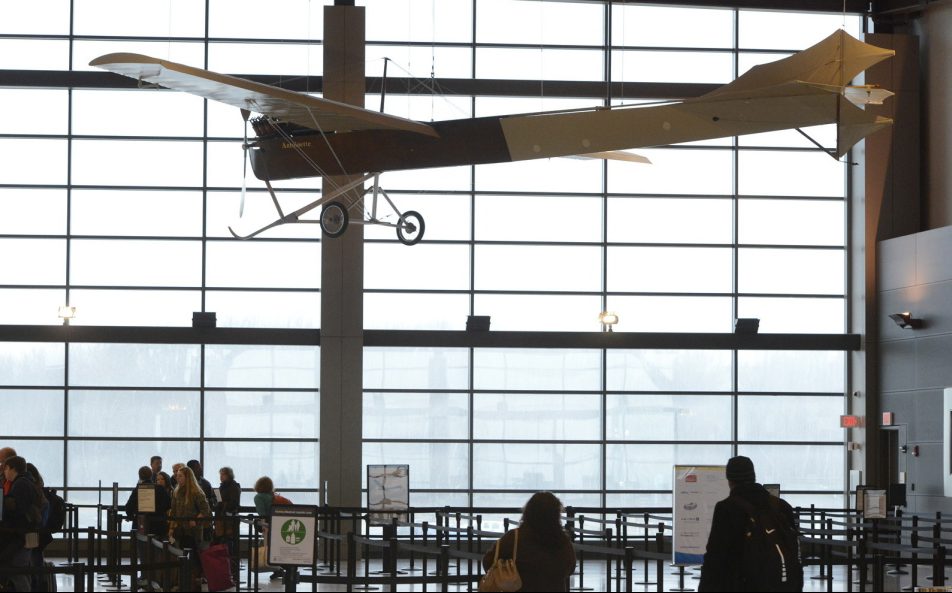Last year a video went viral depicting a ticketed passenger on an overbooked United Airlines flight. He was screaming for help as he was “re-accommodated” by force to free his seat for an airline employee, while his fellow passengers looked on in horror.
The video was shocking for its violence, but almost every airline passenger could relate. It was an extreme example of the powerlessness that comes from being a consumer at the mercy of a company that holds all the cards.
Passengers spoke out demanding that the government do more to protect their rights, and Congress held hearings looking into the matter. But nearly a year later, nothing has changed. In fact, the airlines are hoping to get free of regulations that protect passengers, not take on new ones.
In response to a request from the Trump administration, the airlines have proposed scrapping a number of consumer protections, including some that were self-imposed a decade ago, when the industry was trying to fend off regulation. Among the rules they want to dump are fines paid to passengers when they are kept sitting on the tarmac for more than three hours, as well as the penalty-free 24-hour grace period passengers get to change tickets that were bought in error.
The airlines are also looking for ways to limit competition on prices. Last year, the Trump Department of Transportation suspended a regulatory process started in the Obama administration that would examine ways in which airlines try to avoid head-to-head competition. Some carriers, like Southwest, prevent their prices from being listed on third-party websites that allow customers to make accurate comparisons. And the airlines would like to go a step further by introducing “dynamic pricing,” in which they could use information collected on the internet to make different price offers to individual customers. Every passenger on a flight could be paying a different price, and none would know for sure whether or not they had been offered the lowest one. Fares would be packaged with hotel rooms and car rentals, making direct price competition next to impossible.
Sen. Susan Collins is leading an effort to lift the suspension. She supported language in the recently passed appropriations bill that would force federal transportation officials to consider the thousands of pages of comments consumers made before the process was stopped. Congress should not miss this opportunity to give consumers a voice. Coming off record profits in 2017, and consolidation in the industry, in which four carriers control 80 percent of the available seats, airlines do not need this extra upper hand over consumers.
At the very least, all airlines should have to publish their flight and fare information, and make it available on travel websites that allow customers to make relevant price comparisons.
Airlines would still hold most of the cards, but they would at least have to compete with each other for our business.
The DOT is the only regulatory agency that looks out for air travelers’ interests. To make sure we don’t pass another year without taking action, Congress should not allow the agency to shirk its duty.
Send questions/comments to the editors.


